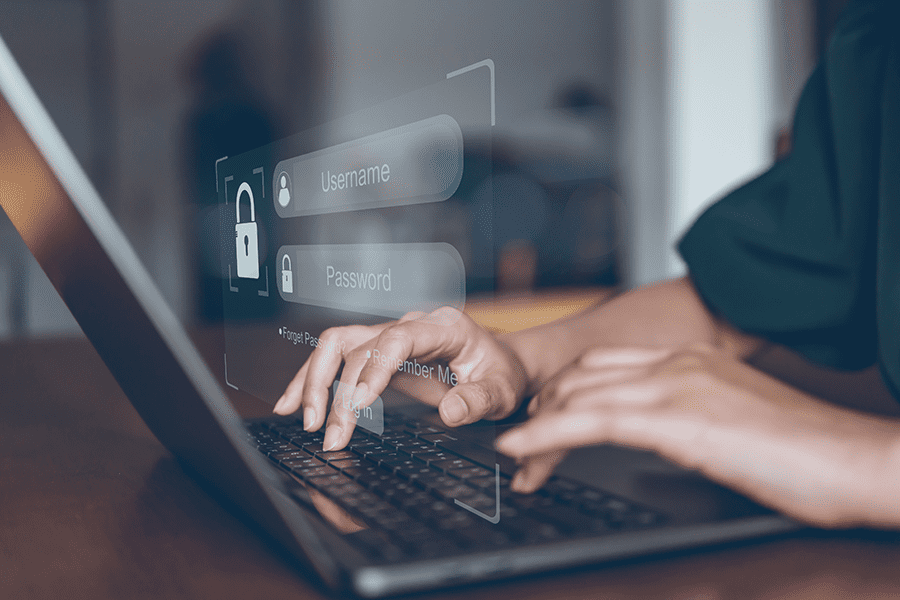A recent Visa survey shows that almost 50% of UAE consumers using digital payments have fallen victim to online scams. Additionally, 15% of those surveyed reported being scammed multiple times. Despite this, more UAE consumers are becoming aware of the risks and are actively looking for signs of fraud.
Consumers are increasingly cautious, with 99% of them taking steps to secure their online transactions. However, scammers are evolving their techniques, often using AI-driven tools to bypass security measures. In response, more people in the UAE are willing to adopt stronger authentication methods to ensure their payments remain safe.
UAE consumers face rising digital payment scams, but the situation has led to greater awareness. Consumers are now more likely to spot red flags, and many are familiar with the precautions needed to stay safe. As a result, more residents are trusting digital payments. Around 77% of the survey participants said they trust digital payments fully or partially, and 81% plan to increase their use of digital payments next year.
The Visa survey highlights some key findings regarding scams. For example, 62% of respondents had been approached by someone asking them to transfer money for another person. While 55% of consumers place the blame on others for falling victim to scams, 30% accept responsibility themselves. Although 59% of consumers feel confident in their ability to spot fraud, 92% worry that their friends and family might be tricked.
Some of the most common red flags that people identify include password reset requests due to data breaches. About 68% of respondents consider these messages suspicious. To protect themselves, 61% of consumers ignore emails asking them to transfer money for someone else, while 59% avoid sharing sensitive account details. Additionally, 48% of people set up text message alerts to track their transactions.
In conclusion, UAE consumers face rising digital payment scams but are becoming more vigilant. Awareness of fraudulent activities has grown, and people are taking action to protect themselves. As digital payment use continues to grow, security measures will remain a top priority.





